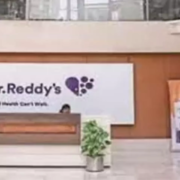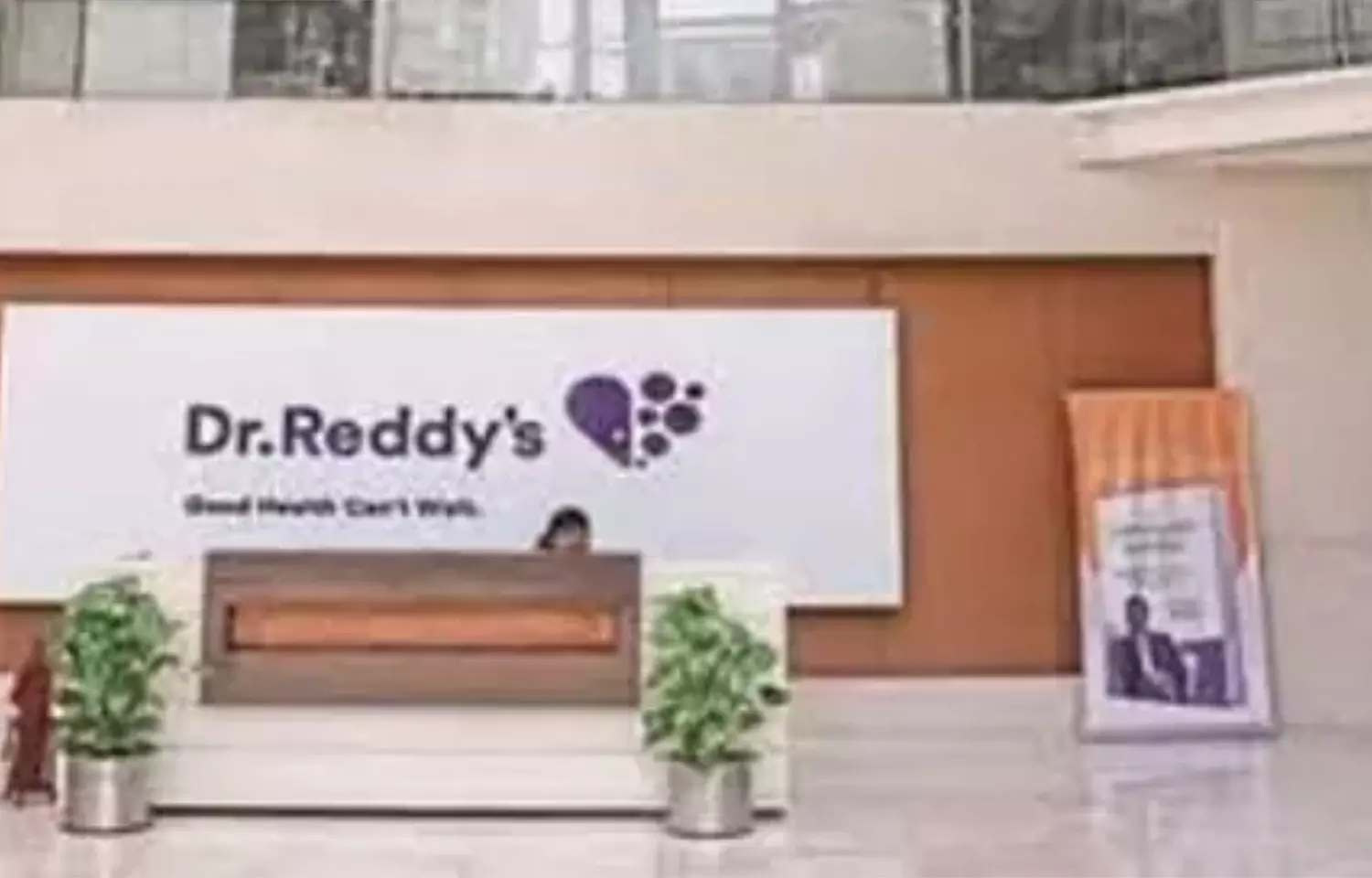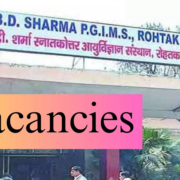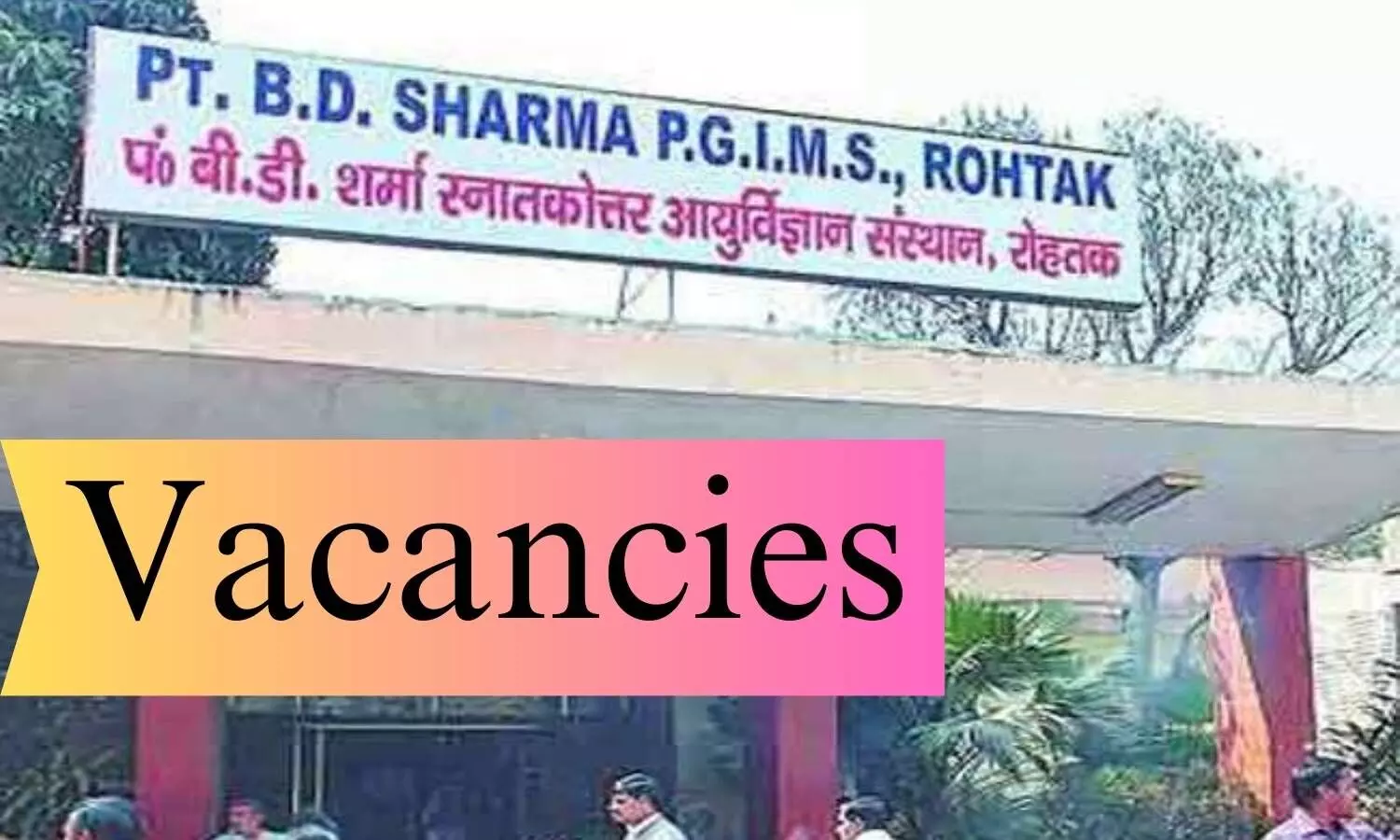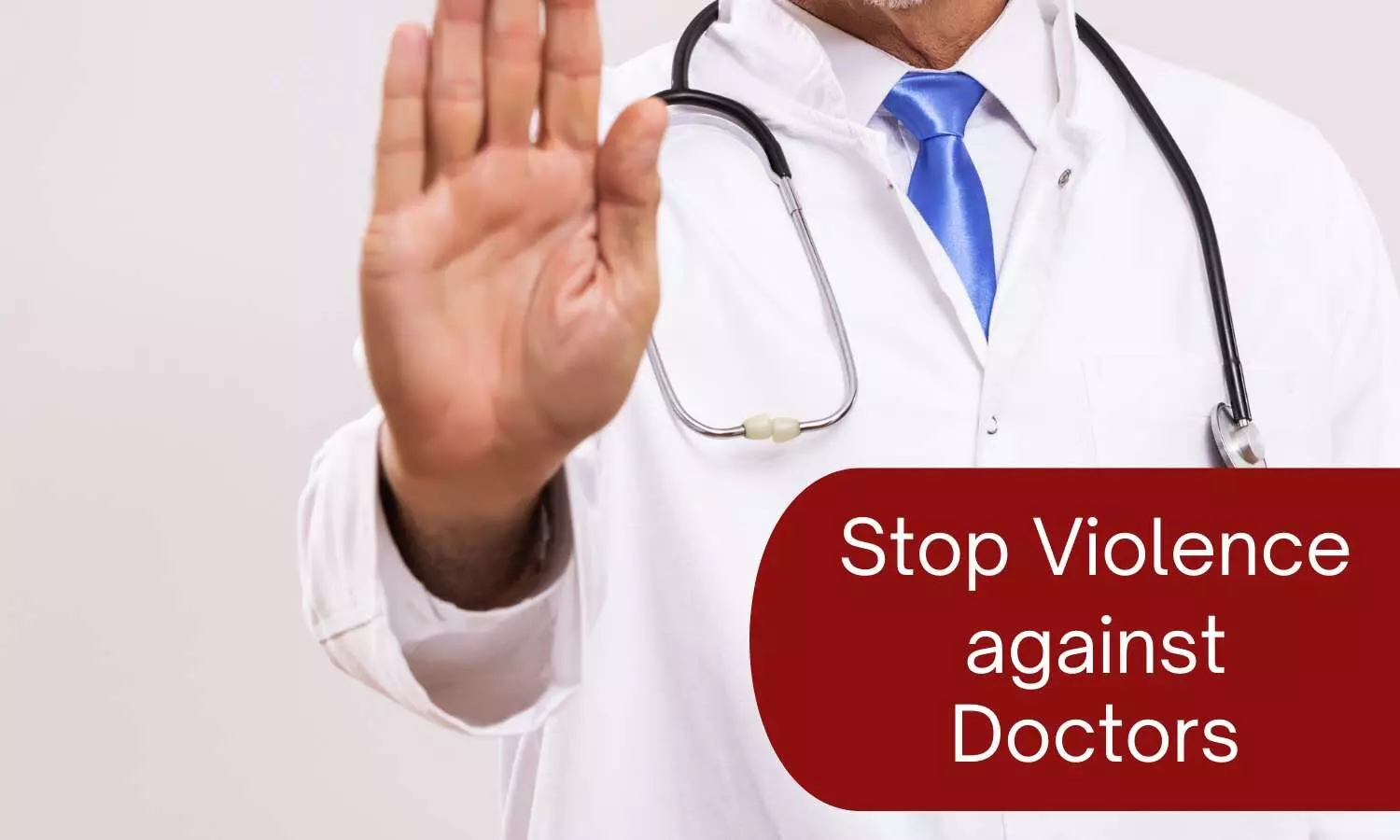
New Delhi: The Union Minister of State for Health, Smt. Anupriya Patel recently informed the Lok Sabha that the data and details of incidents of violence against medical professionals in the country are not maintained centrally.
Further, the Minister informed that the State laws were adequate to address instances of violence against doctors and therefore, there was no requirement for a central law in this regard. Medical Dialogues had earlier reported that recently, the Task Force, appointed by the Supreme Court to make an action plan to ensure the safety of doctors, had also opined that there was no requirement for a separate Central Law.
Smt Patel was responding to the queries seeking to know if the Government was aware of the rising incidents of violence against medical professionals in the country, and whether the Government had any plans to introduce/amend any legislation to ensure safety and protection of medical professionals from such violence.
Further, MoS Health was asked about the number of year-wise details of the incidents of violence against medical professionals in the country during the last 10 years, and the steps taken/proposed to be taken by the Government to improve the safety of healthcare providers in both public and private sectors in the country.
Another Parliament member asked the Minister about the bill titled “The Healthcare Service Personnel and Clinical Establishments (Prohibition of Violence and Damage to Property) Bill, 2019” which was earlier tabled in light of the absence of any central law to safeguard healthcare workers. The MoS Health was also asked whether the Government was aware of the fact that the causes of violence against healthcare workers include patients’ expectations, high out-of-pocket expenditure, and a lack of proper communication between doctors and patients.
Also Read: Violence against doctors: MP High Court Grants More Time to Address Doctors’ Demands
No Central Law Required:
In response to these questions, the MoS Health informed that as per the Constitutional provisions, ‘Health’ and ‘Law & Order’ are State subjects and therefore, “it is the primary responsibility of the concerned State/ Union Territory to take note of events and eventualities for taking appropriate action to prevent violence against healthcare professionals. It needs to be dealt with suitably by the State/ Union Territory under provisions in the Bharatiya Nyaya Sanhita (BNS), 2023 and the Bharatiya Nagarik Suraksha Sanhita (BNSS), 2023 so that medical professionals discharge their professional pursuits without fear of violence.”
The MoS Health informed that many States have already enacted laws to address violence against healthcare professionals and most of the State laws cover minor offences and prescribe punishment for them. The major offences/heinous crimes are adequately covered under BNS, 2023. She said that as the State laws have adequate provisions to address the day-to-day minor offences and serious offences can be addressed by BNS, 2023, a separate Central law to deal with offenses against healthcare professionals is “not required”.
“After recent incident of alleged rape and murder of a trainee doctor at R. G. Kar Medical College and Hospital, Kolkata, the Ministry of Health and Family Welfare (MoHFW) issued advisory to all Central Government Hospitals/Institutes, All India Institutes of Medical Sciences and Medical Colleges to ensure filing of FIR by the Institutes within six hours of any incident of violence on medical professionals. All the States/UTs had also been advised by MoHFW to take immediate measures for enhancing security and providing safer working environment for medical professionals,” she further informed.
“Taking cognizance of the alleged rape and murder incident of a trainee doctor in R. G. Kar Medical College and Hospital, Kolkata, the Hon’ble Supreme Court of India constituted a National Task Force (NTF) for formulating effective recommendations to remedy the issues of concern pertaining to safety, working conditions and well-being of medical professionals and other cognate matters. The NTF has already submitted its report to the Hon’ble Supreme Court of India,” she added.
IMA Survey:
Another member of the Parliament sought to know from the Minister if the Government is aware of the fact that as per a survey of the Indian Medical Association (IMA), doctors particularly women, feel unsafe during night shifts due to the lack of appropriate security protocols across the country. Further, the MoS Health asked about the steps taken/proposed to be taken by the Government to ensure safety of doctors while discharging their duties in the country.
Referring to the IMA Survey, the Minister said that it was an “independent initiative carried out by the Association and the Central Government has not participated in the same.”
“The Ministry of Health and Family Welfare (MoHFW) issued advisory to all Central Government Hospitals/Institutes, All India Institutes of Medical Sciences and Medical Colleges to ensure filing of FIR by the Institutes within six hours of any incident of violence on medical professionals. All the States/UTs had also been advised by MoHFW to take immediate measures (Annexure) for enhancing security and providing safer working environment for medical professionals,” informed the Minister.
Steps Taken by Govt to Ensure Safety of Doctors:
In its reply, the Ministry referred to the extracts from the recent advisories issued by the Ministry of Health & Family Welfare to States/UTs to take the following measures immediately for enhancing security and providing a safer working environment for medical professionals:
i. Display of State laws for healthcare workers’ protection and relevant Sections of Bharatiya Nyaya Sanhita (BNS), 2023 along with punitive/ penalty details in conspicuous places inside the hospital premises in local language and English.
ii. Constitution of ‘Hospital Security Committee’ and ‘Violence Prevention Committee’ involving senior doctors and administrative officers to strategize and implement appropriate security measures.
iii. Regulation of accessfor general public and patientrelativesto key areas of the hospital. Strict visitor pass policy for patient attenders/ relatives.
iv. Provision for safe movement of resident doctors/ nurse within different blocks and hostel buildings and other areas of the hospital during night duties.
v. Ensuring proper lighting inside all areas of residential block, hostel blocks & other hospital premises.
vi. ‘Routine Security patrolling’ in all the hospital premises during night time.
vii. Setting up of a 24×7 manned security control room in the hospitals.
viii. Establishing close liasioning with nearest police station.
ix. Constitution of ‘lnternal Committee on Sexual Harassment’ in the hospital.
x. Taking stock situation of all CCTV cameras (number and functionality) inside the hospital premises and for necessary implementation/upgradation of the same.
xi. Identification of high-risk establishments to identify hospitals with high footfall and consider them as high-priority establishments for security improvements.
xii. Conducting security auditsin consultation with local health, police authoritiesto assess and improve security measures.
xiii. Focus on high-risk areas by giving special attention to areas with a higherincidence of security breaches, such as emergency rooms, triage areas and Intensive Care Units (ICUs) and Labour Rooms.
xiv. Ensuring installation and proper functioning of CCTV Cameras, particularly in highrisk areas with regular monitoring of the cameras from a manned central control room.
xv. Establishment of a protocol for quick sharing of video footage of any untoward incident against healthcare workers with local police to facilitate swift response and investigation.
xvi. Security personnel to be technically oriented and trained in soft skills. Employing exservicemen (from Directorate General of Resettlement) as security personnel in the identified high-risk areas of the hospitals. Also, exploring of such manpower from the State’s own security forces.
xvii. Constitution of Internal Security Committee in hospitals with active involvement of residents and students; also laying down of clear SOPs for incidence response.
xviii. Robust background checks for all outsourced personnel and contractual workers employed in the hospitals.
xix. Proper training and establishment of bereavement protocols for all doctors and healthcare workers to handle intense and emotional grief situations.
xx. Deployment of patient facilitators/ MTS for all patient related activities inside the hospital, which requires ferrying or shifting of the patients from diagnostics to therapeutics.
xxi. Trained persons to man help-desks, guide patientsto navigate the hospital systems and processes.
Also Read: Central Law for violence against doctors NOT required! says SC-appointed Task Force



